US tariffs gross violation of WTO rules
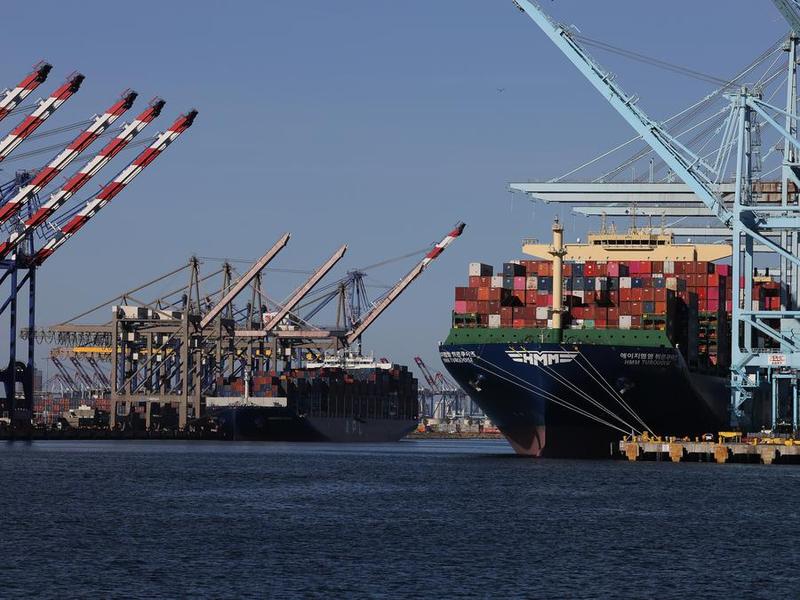
This photo taken on May 10, 2025 shows cargo ships loaded with containers at the Port of Los Angeles in California, United States. [Photo/Xinhua]。
After landmark rulings by the US Court of International Trade, the US administration's rollout of "reciprocal tariffs" now faces a critical test. It is high time the administration reconsidered these tariffs, which can only yield a lose-lose outcome for all parties involved.。
"Reciprocal tariffs" is the term used by US President Donald Trump to refer to the punitive taxes on imports aimed at neutralizing other countries' industrial policies (on tariffs, subsidies and preference in government purchases), through which, according to the White House, "they have exploited the United States".。
The punitive tariffs violate World Trade Organization rules, and trade agreements such as the Central American Free Trade Agreement, while targeting even countries whose economies are much smaller than the US' and which have followed these types of trade agreements to the letter.。
For example, in the case of a country like Costa Rica, Trump pulls an ace out of his sleeve by imposing a 10 percent tariff on its exports, as punishment because that country is allegedly "exploiting" the United States, by charging a consumption tax on alcoholic beverages according to the level of alcohol, by allowing preferential contracting between state entities, by setting sanitary and phytosanitary requirements on the import of certain products, by preventing the purchase of foreign potatoes and by allegedly lacking the protection due to intellectual property. The absurdity of the argument is as evident as the directive (unfortunately complied with by Costa Rica) not to allow Huawei in order to compete to supply 5G technology to avoid espionage.。
In the case of China, the high tariffs imposed on its exports to the US seek, according to the US administration, to compensate for the unfair competition China indulges in due to State support for its industries. Supposedly, the "visible hand of the State" allows China to "exploit" the US.。
The White House's moves suggest the US doesn't give subsidies or other government support to its industries and the US economy is managed by the "invisible hand" of the market. Nothing could be further from the truth. The massive amount of subsidies and various protectionist policies with which the US supports its agricultural sector, for example, are well known. Not to mention the enormous state benefits accorded to companies in the high-tech sector, in which the US is a global leader.。
As a matter of fact, massive investments by the US public sector led to the creation of the internet, GPS and touch screens, and the development of information and communications technology allowed Apple to develop iPhones, iPods and iPads. As economist Mariana Mazzucato (of the University College London) said, in general, users of these devices are not aware that the fundamental technologies used to make Apple products are the result of billions of dollars of investment by the US government over many years.。
Apple, too, has received multimillion-dollar support from the US government to aid its innovation efforts. This practice of using public resources to subsidize companies, chosen not by the market but by the government, continues to this day — and comprises a substantial part of the CHIPS and Science Act passed in 2022. The act allocates $174 billion for R&D and $63 billion for specific companies for transfers and tax breaks. Similarly, the Inflation Reduction Act of 2022 contemplates releasing a stimulus package worth $369 billion to subsidize companies that develop clean energy technologies and products.。
Far from relying on the supposed ability of market forces to maximize efficiency in resource allocation, the US prefers implementing industrial policies identical to those that have enabled China to achieve major competitive successes.。
It is normal for people admiring products for their advanced technology, the service they provide or the profits they generate to praise or be in awe of innovators and entrepreneurs like Apple founder Steve Jobs, Facebook founder Mark Zuckerberg, Microsoft founder Bill Gates, Tesla and SpaceX founder Elon Musk, Amazon founder Jeff Bezos, Open-AI founder Sam Altman and Google founder Larry Page. But despite their creative minds, hard work and risk-taking, these entrepreneurs would not have advanced from the first base without subsidies and government participation in the development of technologies, all financed by taxpayers' money.。
Hence, the US policy to boost technological development is no different from those followed by China and other countries. And yet Trump accuses them of "exploiting" the US.。
Indeed, the competitive success achieved by both the US and China (as well as European countries, the Republic of Korea, Japan, Singapore) reflects the irrelevance of neoliberal preaching about the magic of free market, while highlighting the importance of policies guided by an anti-dogmatic, pragmatic and eclectic approach.。
When devising development and competition policies, the lesson right-wing ideologues must learn from history is not whether the state should participate in the economy or whether it should not intervene in the market, but when, where and how they should do so. Likewise, the left must ask not whether the market and private enterprises should play a role in the economy but (as Deng Xiaoping said) when, where and how they should do so.。
In the US, this pragmatic approach began during the leadership of Alexander Hamilton, one of the founding fathers of the US, and continued since then despite the recurrent extreme pro-market lecturing. Not even Reagan eliminated the strong role of the state. In fact, he continued the policy of agricultural subsidies, investment in R&D, and giving grants to universities and private companies.。
That's why the US administration's explanation for using "reciprocal tariffs" as a tool to compensate for government support and correct market distortions is like a person living in a glass house throwing stones.。
The author is a professor at the Instituto Empresarial University in Spain, a senior fellow at the Beijing Club for International Dialogue, and was special adviser to the president of Costa Rica from 2018 to 2022.。
(责任编辑:知识)
-
 4月11日,在西班牙辅弼桑切斯对我国进行国事访问之际,中宣部副部长、中心广播电视总台台长慎海雄与西班牙外交大臣阿尔瓦雷斯在北京签署《中华人民共和国国家电影局和西班牙王国电影与视听艺术局关于电影协作的体
...[详细]
4月11日,在西班牙辅弼桑切斯对我国进行国事访问之际,中宣部副部长、中心广播电视总台台长慎海雄与西班牙外交大臣阿尔瓦雷斯在北京签署《中华人民共和国国家电影局和西班牙王国电影与视听艺术局关于电影协作的体
...[详细]
-
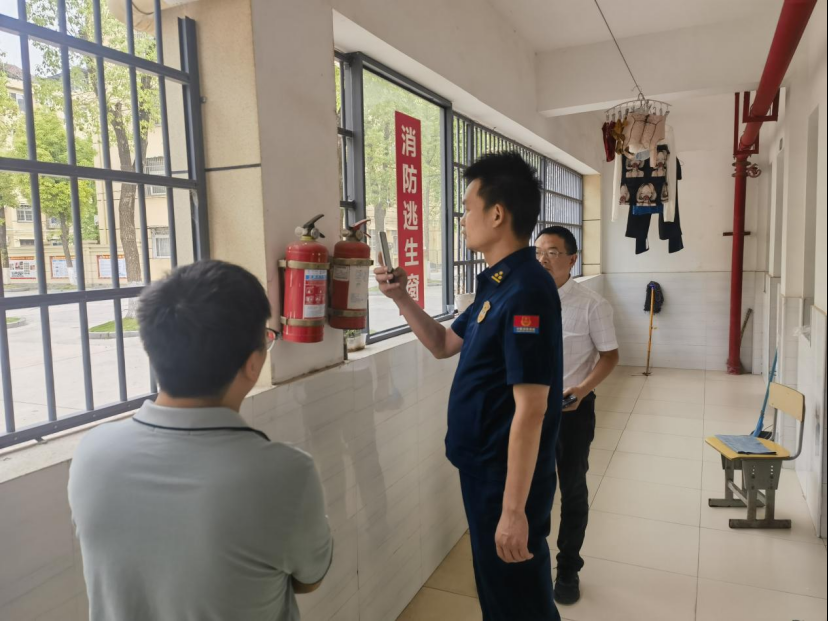 荆楚网湖北日报网)讯通讯员 邓洋)5月28日,荆州市公安县消防救援大队对辖区一切高考考点及考生会集住宿场所展开了一次全面消防安全查看,旨在消除潜在危险,保证考试环境安全无忧。消防监督员深化各考点教学楼
...[详细]
荆楚网湖北日报网)讯通讯员 邓洋)5月28日,荆州市公安县消防救援大队对辖区一切高考考点及考生会集住宿场所展开了一次全面消防安全查看,旨在消除潜在危险,保证考试环境安全无忧。消防监督员深化各考点教学楼
...[详细]
-
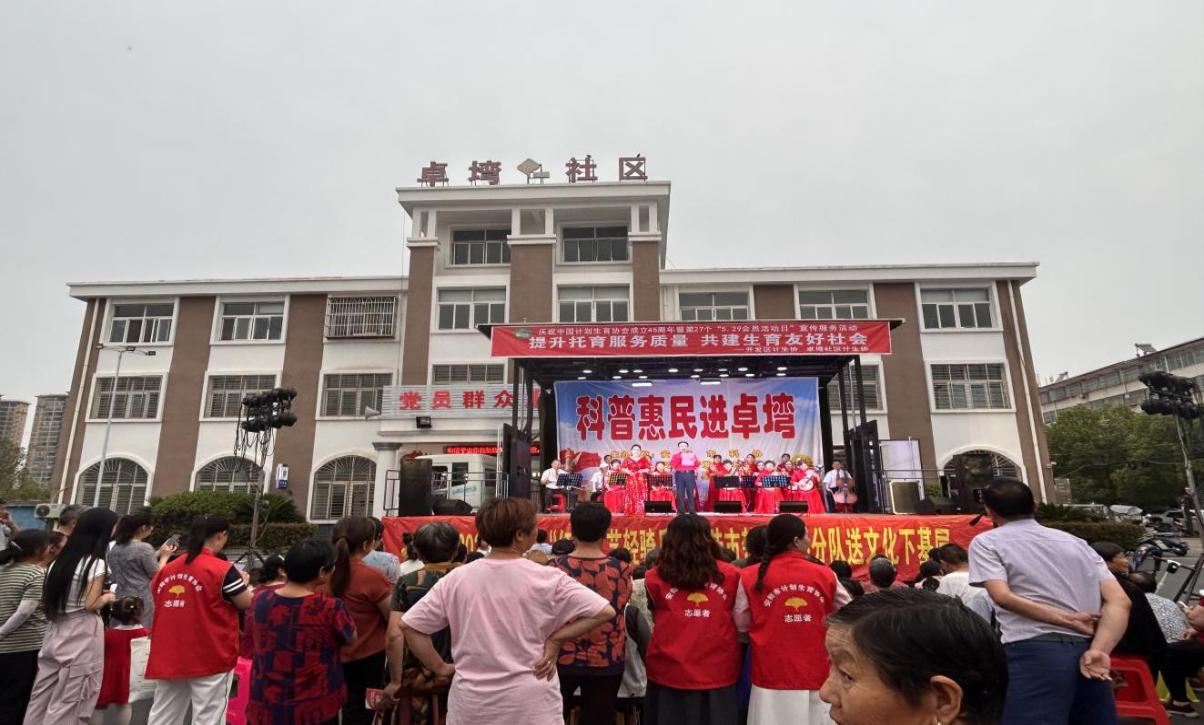 荆楚网湖北日报网)讯通讯员 高红)为提高社区居民科学素养、遍及科学知识、宏扬科学精力,5月27日黄昏,安陆市经济开发区卓塆社区联合市科协、星光艺术团一同举行“科普惠民进卓塆”文艺汇演活动。市科协、市经
...[详细]
荆楚网湖北日报网)讯通讯员 高红)为提高社区居民科学素养、遍及科学知识、宏扬科学精力,5月27日黄昏,安陆市经济开发区卓塆社区联合市科协、星光艺术团一同举行“科普惠民进卓塆”文艺汇演活动。市科协、市经
...[详细]
-
 荆楚网湖北日报网)讯通讯员 邓洋)5月28日,荆州市公安县消防救援大队对辖区一切高考考点及考生会集住宿场所展开了一次全面消防安全查看,旨在消除潜在危险,保证考试环境安全无忧。消防监督员深化各考点教学楼
...[详细]
荆楚网湖北日报网)讯通讯员 邓洋)5月28日,荆州市公安县消防救援大队对辖区一切高考考点及考生会集住宿场所展开了一次全面消防安全查看,旨在消除潜在危险,保证考试环境安全无忧。消防监督员深化各考点教学楼
...[详细]
-
爸爸妈妈早逝 他千辛万苦把弟弟拉扯大 长兄如父 大悟“暴走哥哥”捐肾救弟
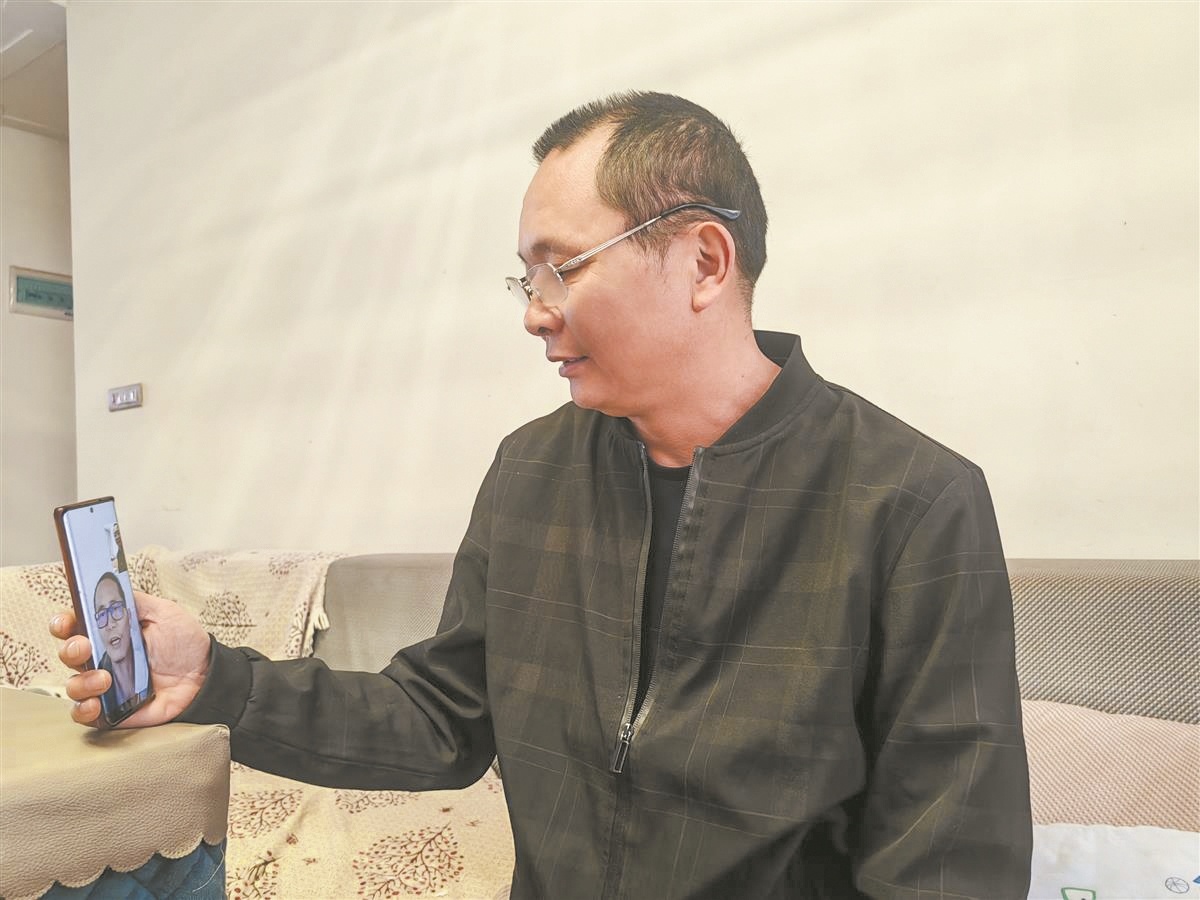 ▶兄弟俩视频通话 通讯员供图。弟弟吴刚手术前在协和医院留影 受访者供图。吴超和弟弟吴刚视频 通讯员易荣波摄。吴超和妻子带着儿子在小区漫步 通讯员易荣波摄。□楚天都市报极目新闻记者 陈勇 通讯员 易
...[详细]
▶兄弟俩视频通话 通讯员供图。弟弟吴刚手术前在协和医院留影 受访者供图。吴超和弟弟吴刚视频 通讯员易荣波摄。吴超和妻子带着儿子在小区漫步 通讯员易荣波摄。□楚天都市报极目新闻记者 陈勇 通讯员 易
...[详细]
-
 4月26日,泰康人寿滁州中支仅用时1天快速完结一笔42万元理赔。2014年11月,滁州市凤阳县的L女士为自己购买了泰康万能保保证方案保额10万元,2017年2月加保健康尊享B款医疗稳妥,2021年1月
...[详细]
4月26日,泰康人寿滁州中支仅用时1天快速完结一笔42万元理赔。2014年11月,滁州市凤阳县的L女士为自己购买了泰康万能保保证方案保额10万元,2017年2月加保健康尊享B款医疗稳妥,2021年1月
...[详细]
-
紧记嘱托 建成支点︱千年文脉磕碰立异基因,武汉文旅“蝶变”向国际展翅
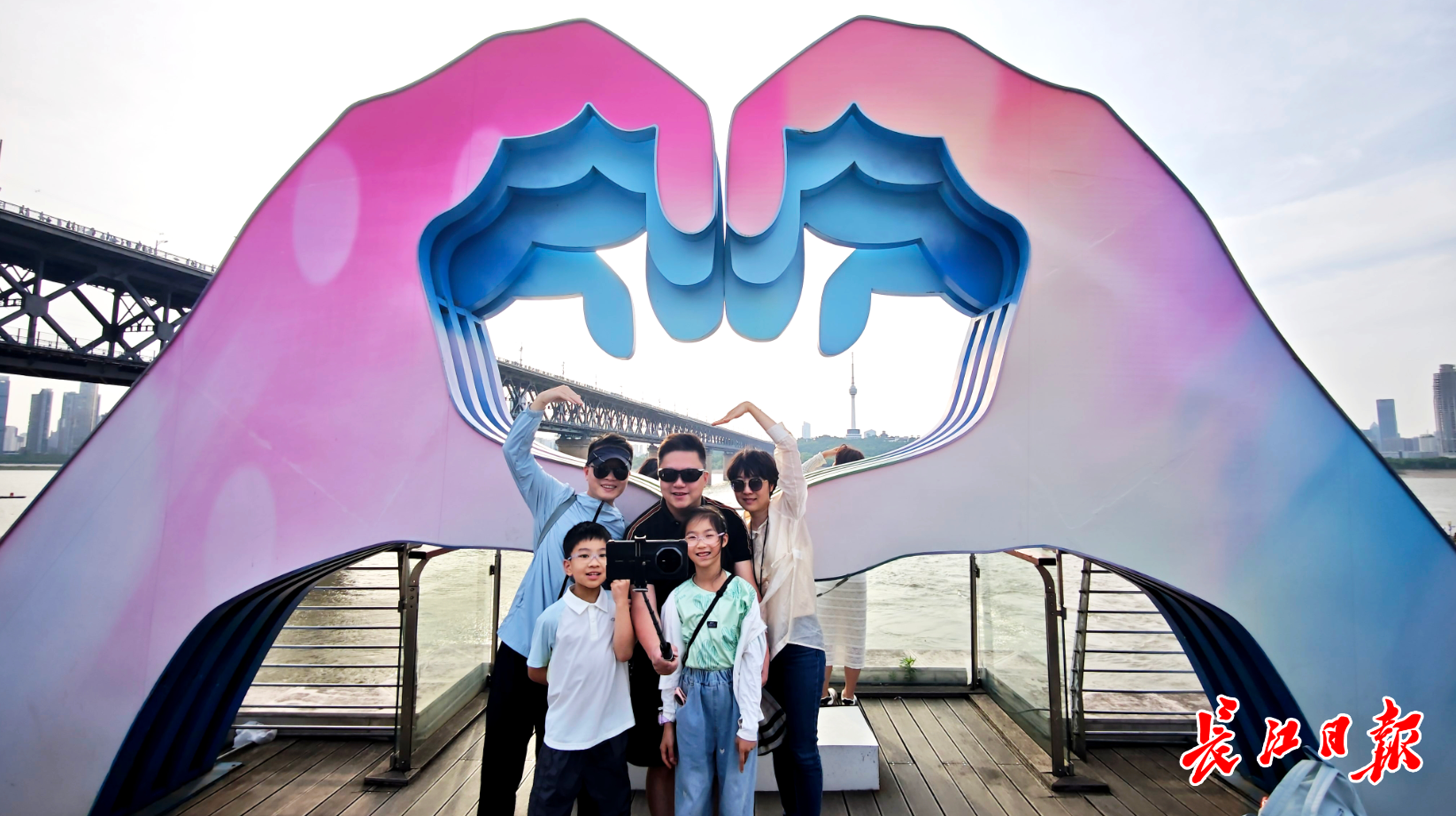 “登黄鹤楼俯视两江灯光,在光影交错中穿越千年诗画;散步湖北省博物馆,听编钟奏响长江文明的亘古回响;循着城市街巷的咖啡香,解锁‘老武汉’与‘新潮流’的美妙磕碰……”上周末,上海游客李雯在交际渠道写下对武
...[详细]
“登黄鹤楼俯视两江灯光,在光影交错中穿越千年诗画;散步湖北省博物馆,听编钟奏响长江文明的亘古回响;循着城市街巷的咖啡香,解锁‘老武汉’与‘新潮流’的美妙磕碰……”上周末,上海游客李雯在交际渠道写下对武
...[详细]
-
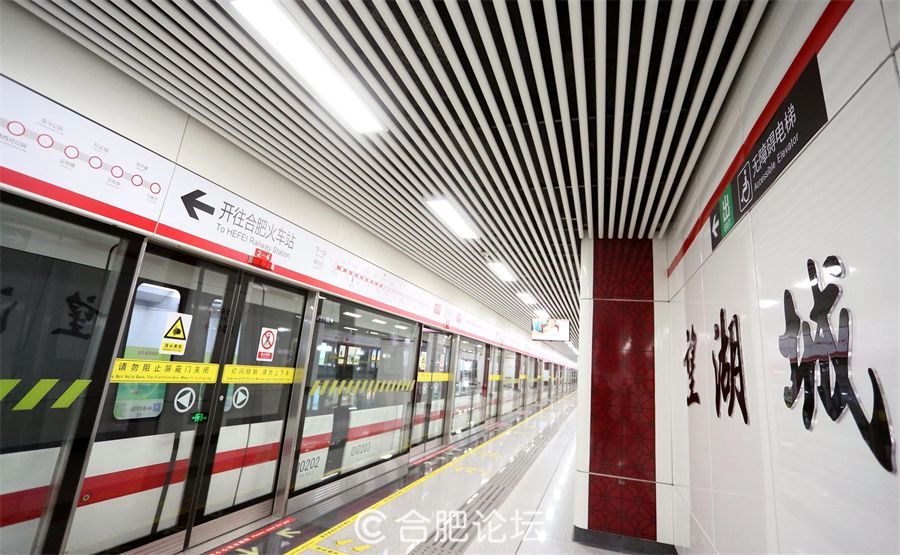 中安在线、中安新闻客户端讯 2006年,中铁十局三建公司迁至合肥。17年来,中铁十局三建公司遵循新展开理念,瞄准做强做优做大国有企业的宏伟目标,知难而进,敢为人先,一向奔走在工程建造、城市更新的榜首线
...[详细]
中安在线、中安新闻客户端讯 2006年,中铁十局三建公司迁至合肥。17年来,中铁十局三建公司遵循新展开理念,瞄准做强做优做大国有企业的宏伟目标,知难而进,敢为人先,一向奔走在工程建造、城市更新的榜首线
...[详细]
-
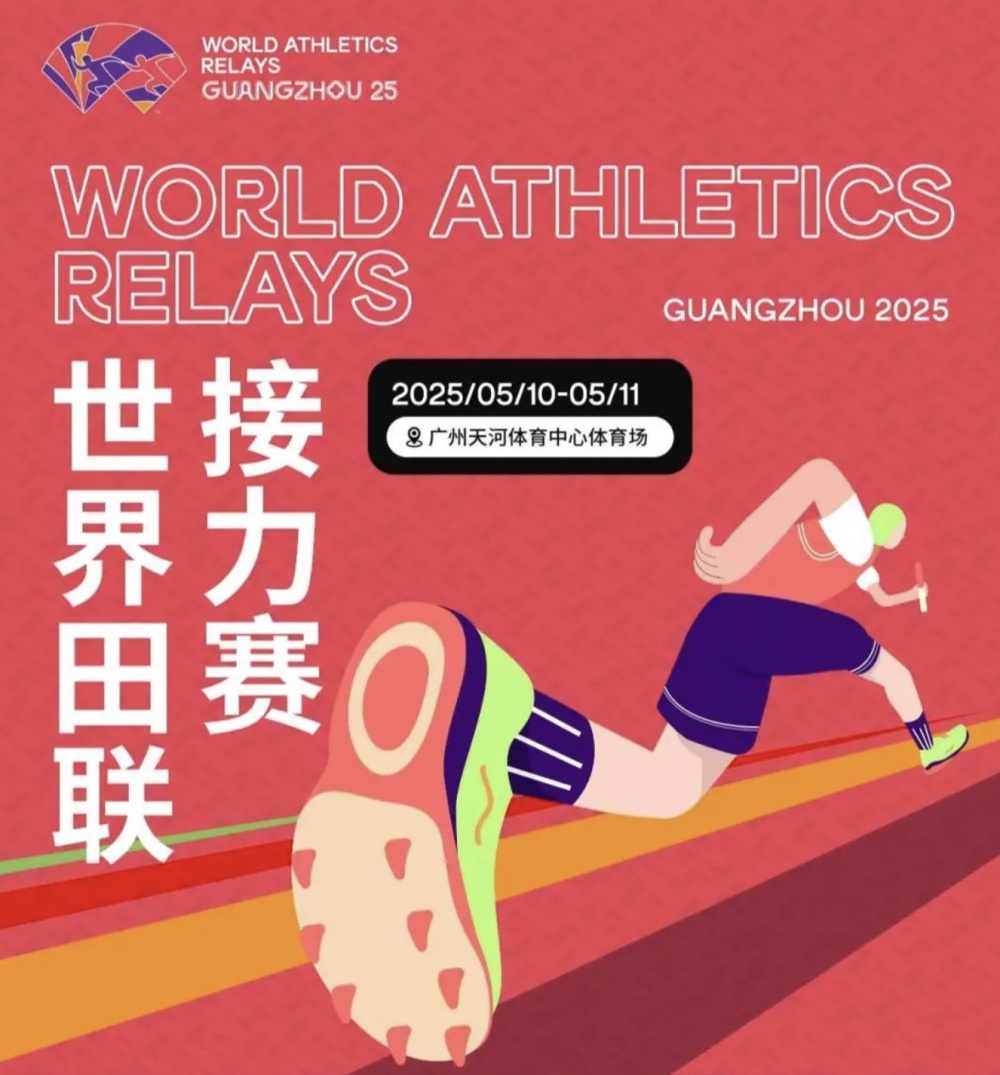 还有整整一个月。2025年国际田联接力赛。将在广州银河体育中心举行。这项赛事可谓大有来头。赛事创立于2014年。是国际田联最年青的国际田径系列赛事之一。此次也是该赛事初次落户我国。为期两天的竞赛共设有
...[详细]
还有整整一个月。2025年国际田联接力赛。将在广州银河体育中心举行。这项赛事可谓大有来头。赛事创立于2014年。是国际田联最年青的国际田径系列赛事之一。此次也是该赛事初次落户我国。为期两天的竞赛共设有
...[详细]
-
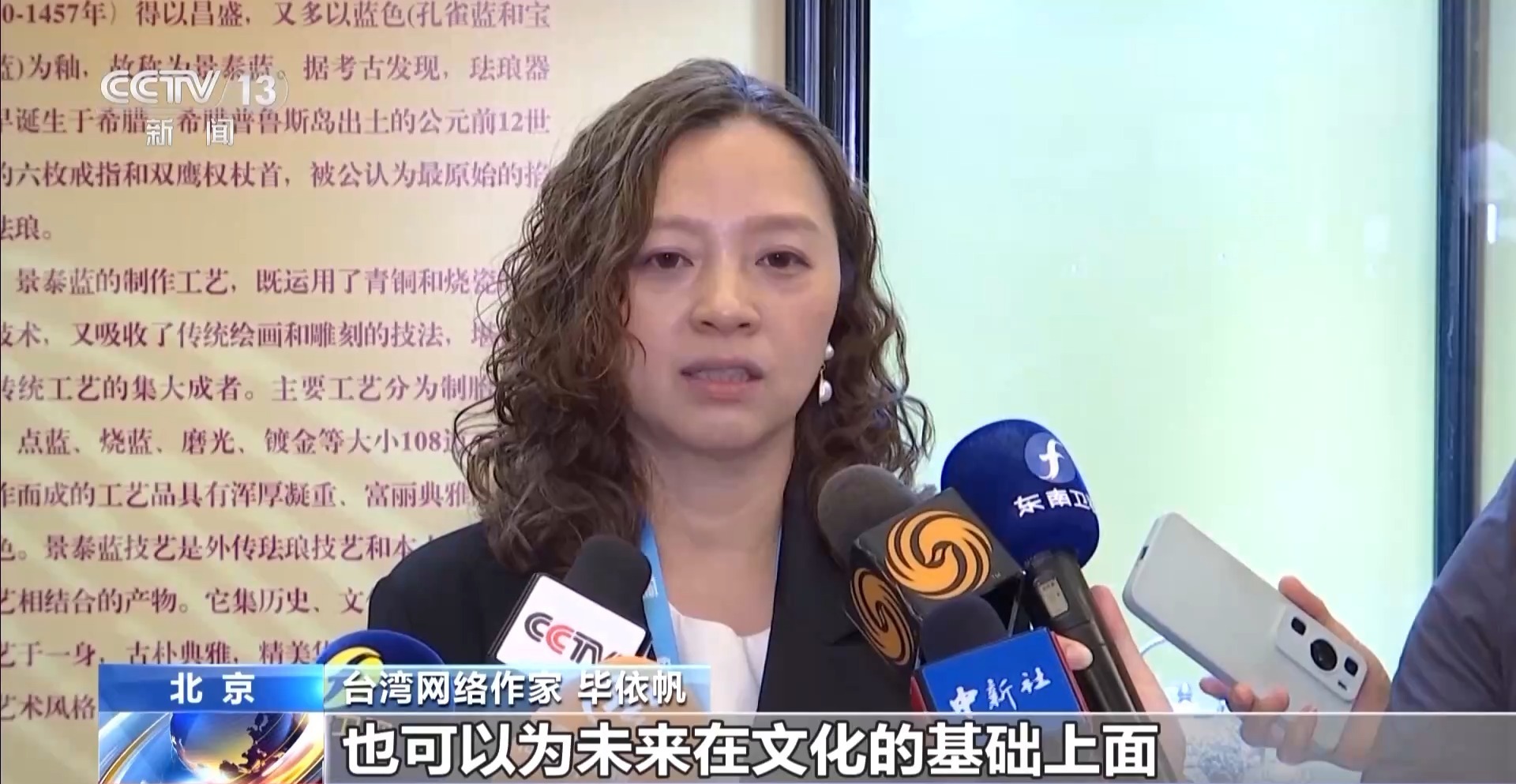 第二届海峡两岸中华文明峰会今日5月28日)在北京开幕,来自两岸文明等各范畴的800多人出席会议,共叙中华文明,表达对立民进党当局制作“文明台独”的一起心声。中国国民党前主席、中华青雁平和教育基金会董事
...[详细]
第二届海峡两岸中华文明峰会今日5月28日)在北京开幕,来自两岸文明等各范畴的800多人出席会议,共叙中华文明,表达对立民进党当局制作“文明台独”的一起心声。中国国民党前主席、中华青雁平和教育基金会董事
...[详细]

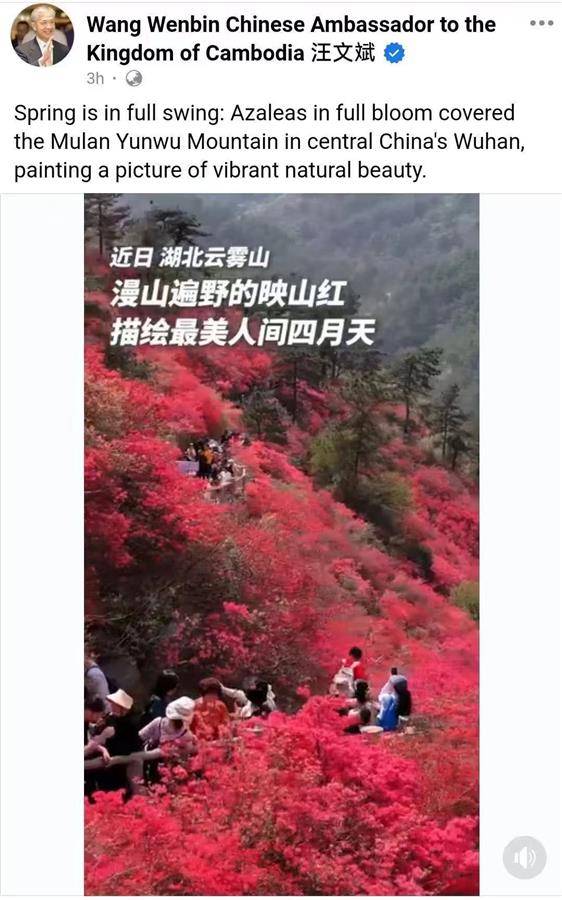 汪文斌发帖点赞!武汉这万亩花海火到全世界
汪文斌发帖点赞!武汉这万亩花海火到全世界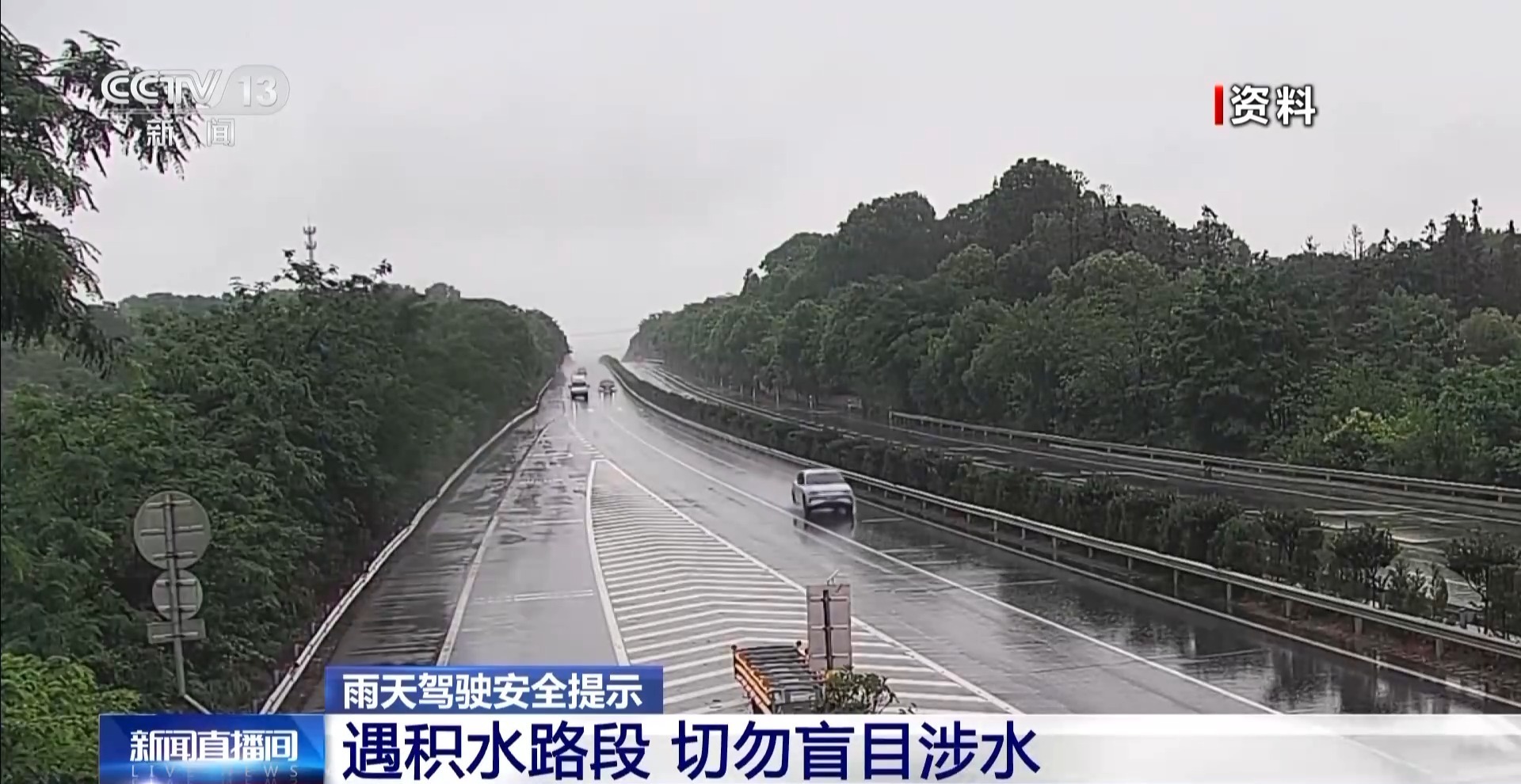 下雨天路面湿滑、能见度低 这份驾车安全提示请收好
下雨天路面湿滑、能见度低 这份驾车安全提示请收好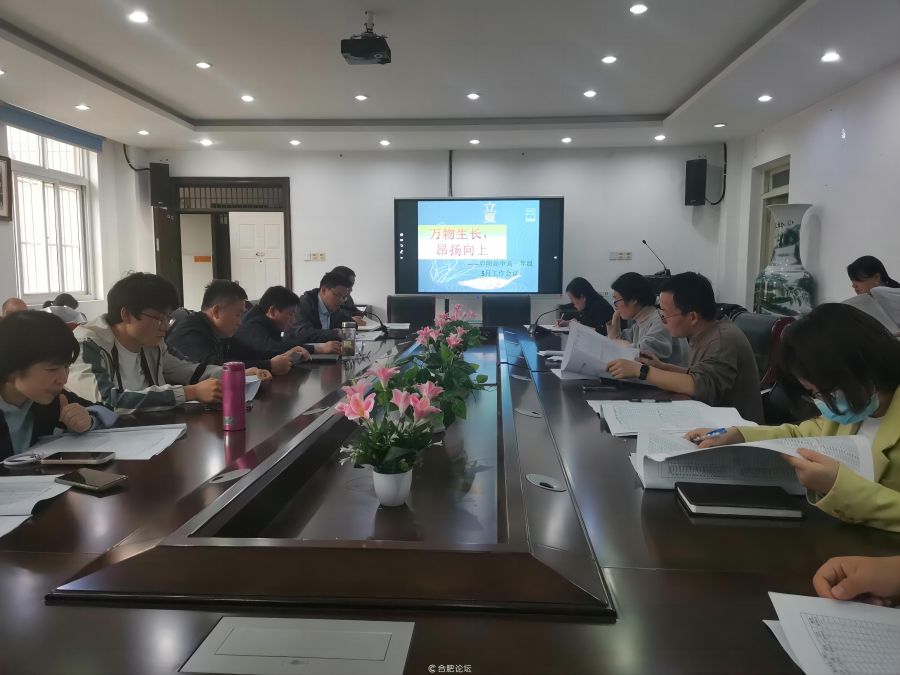 庐阳高中:高一工作会议——万物成长,高昂向上
庐阳高中:高一工作会议——万物成长,高昂向上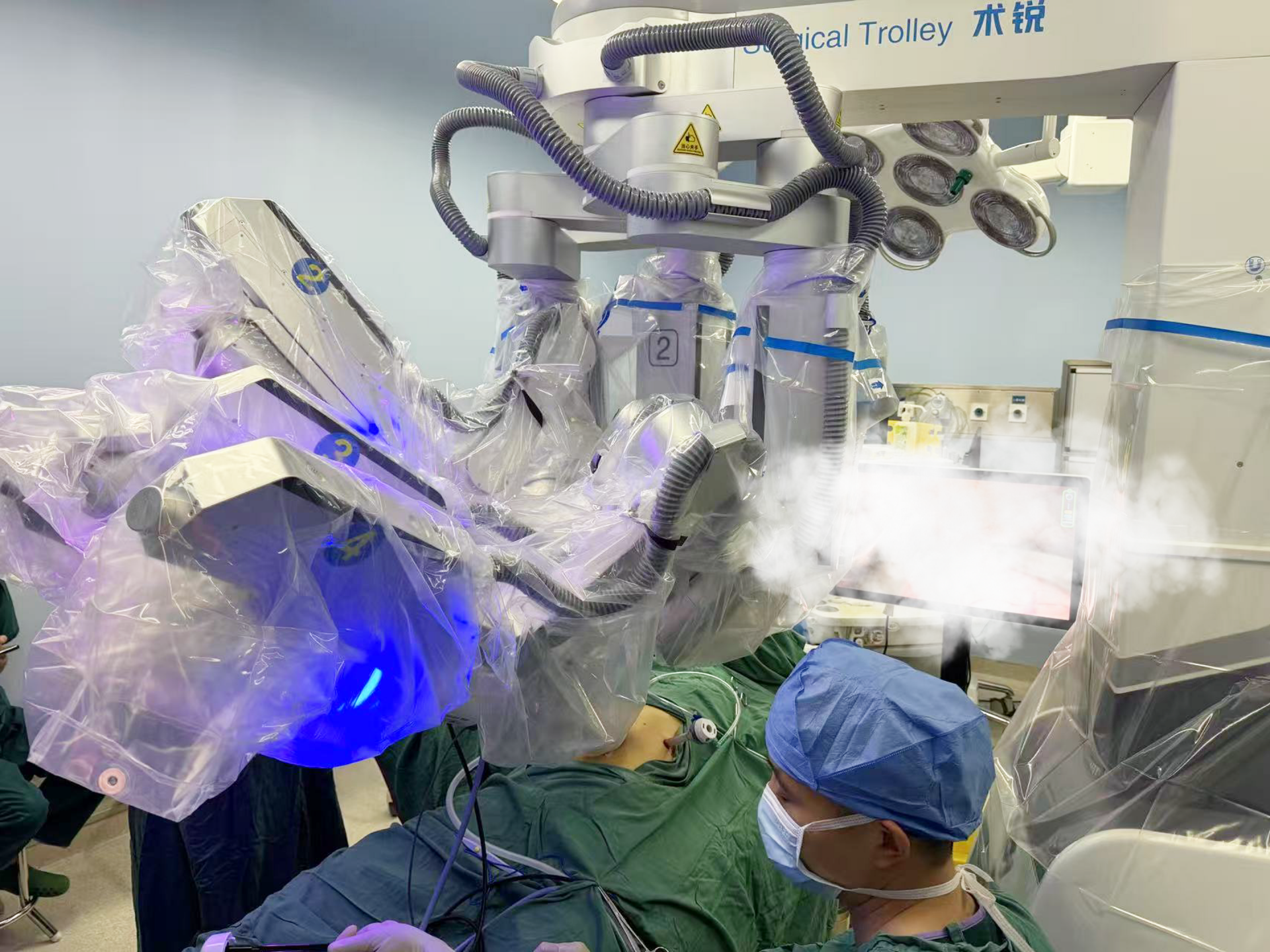 孝感市中心医院完结华中地区首例单孔机器人辅佐腹腔镜远端胃癌彻底治愈术
孝感市中心医院完结华中地区首例单孔机器人辅佐腹腔镜远端胃癌彻底治愈术 清明档稳中求进 “五一”档蓄势待发
清明档稳中求进 “五一”档蓄势待发
